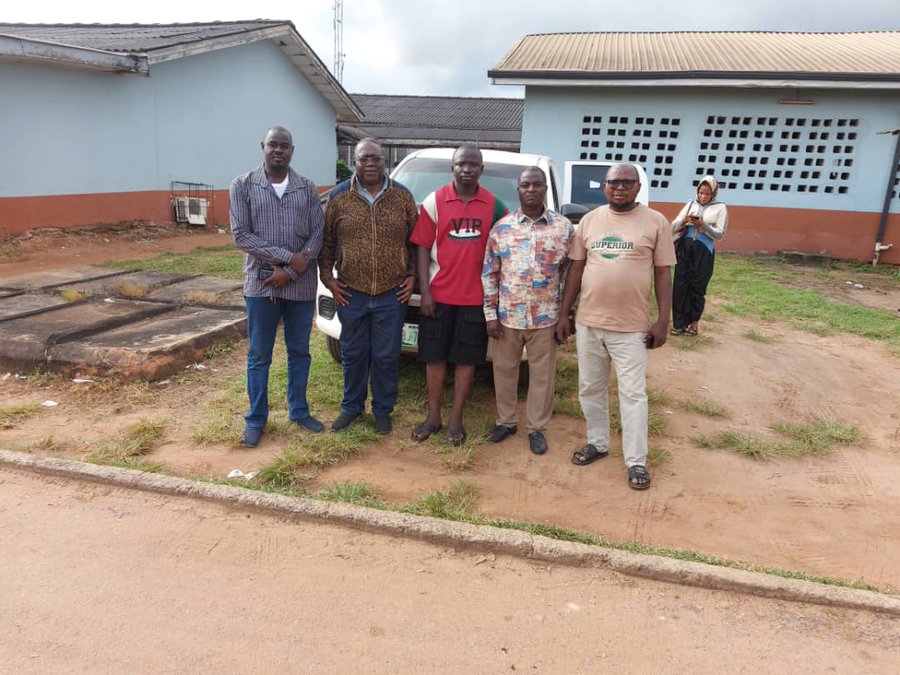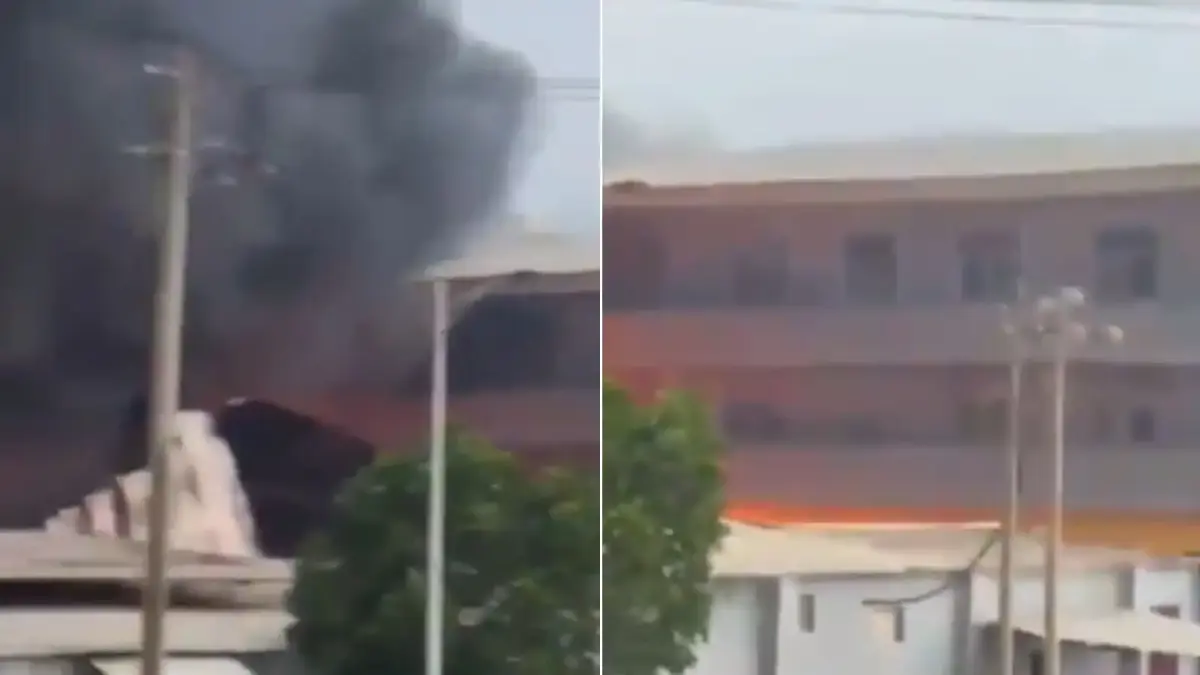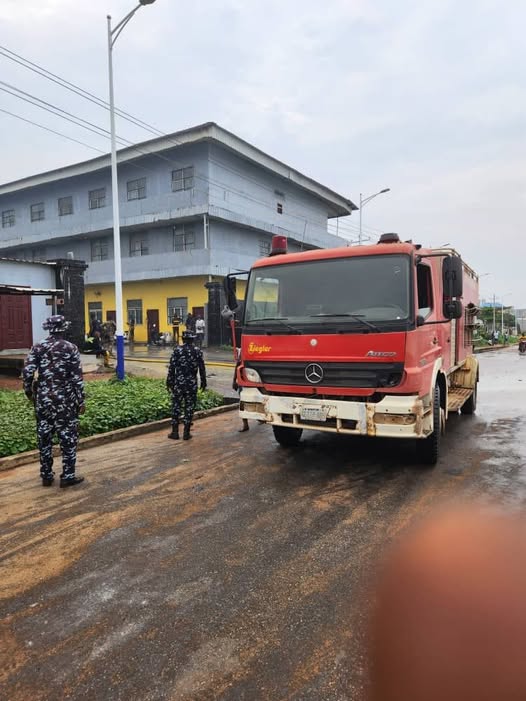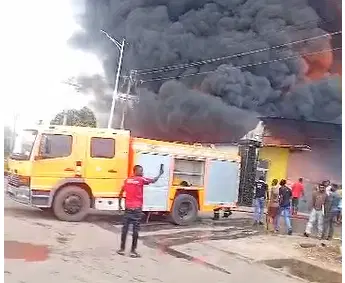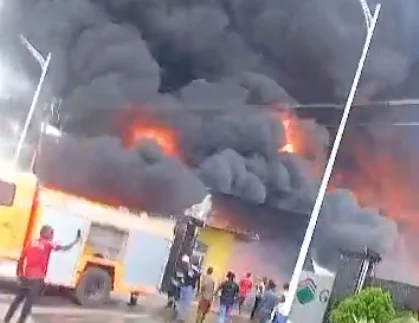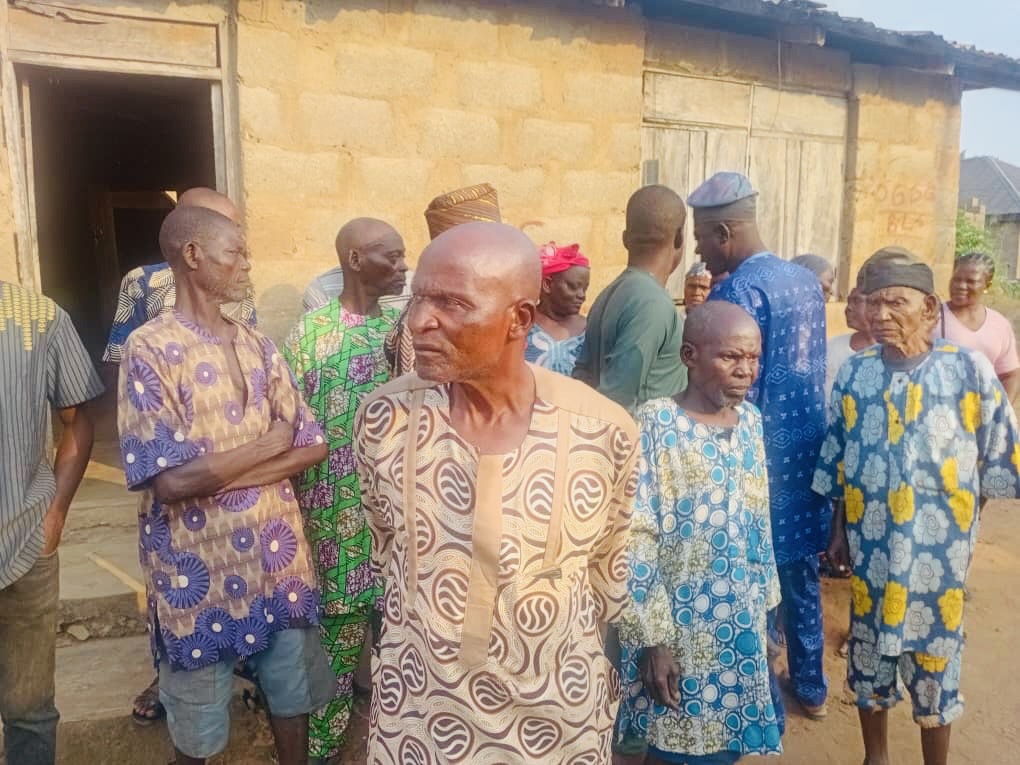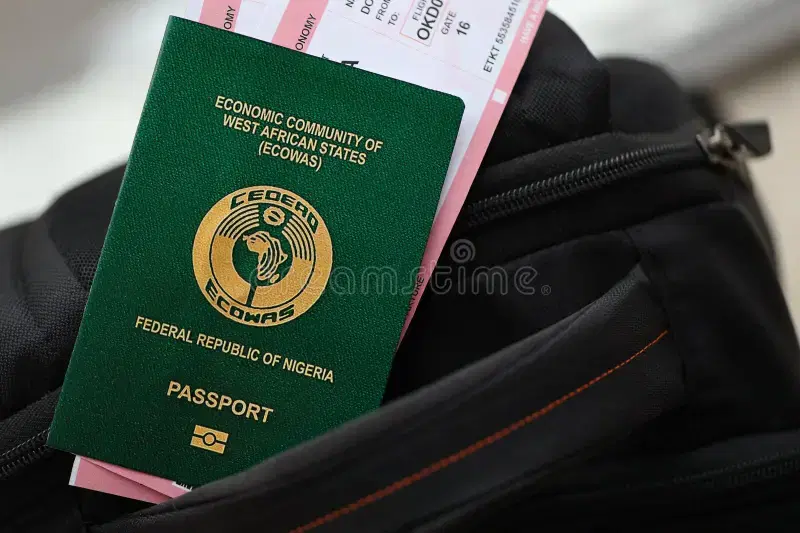About 15 communities in the Abeokuta South Local Government Area of Ogun State have called for the intervention of Governor Dapo Abiodun over alleged plot to demolish their villages and acquire their land.
The communities include Itori Mogan, Laaki, Jaguna, Ogunu, Paashi, Kumapayi, and Abule Odo of Ijemoland among others.
According to the villagers, the community which is over 300 years was excised by former governor Otunba Gbenga Daniel’s administration.
It was gathered that the state government, through the its Planning and Development Permit Authority, Abeokuta Metro Zonal Planning Office, served a demolition notice with service number 00047932 on the occupiers of Itori Mogan village on Friday, accusing them of contravening the Land Use Act of Ogun State for residing in Hillcrest Estate.
In the demolition notice dated January 9, 2026, the government gave the occupiers three days deadline to vacate the affected villages that fell within its acquisition.
Expressing their displeasure on Saturday, the Baale of Ogunro, Chief Olakunle Bodunde, speaking on behalf of the villages marked for demolition, lamented that the present administration is bent on taking the remaining part of the community for an estate development, while rendering members of the community homeless.
He noted that the matter was in court and despite several meetings with the government, a demolition notice was pasted on their buildings.
He said, “We have taken significant steps to address this issue. We had meetings with the government, and now the matter is in court.
“We have served them, and the government has been notified, but they are not showing up in court, and now they have come to paste demolition notices on our buildings.
“We want things to be done with due process. The court has not made a pronouncement yet.”
Also speaking, Chief Oludare Salako, the Baale of Itori Mogan, said the communities have different ancestral gods which according to him cannot be relocated, saying that forceful eviction could spell danger.
He appealed to the state governor to intervene, expressing the belief that he may not be aware of the incident.
“We want Governor Dapo Abiodun to intervene, as we believe he may not be aware of these alleged land grabbers in his government. We want him to look critically into the matter and stop their actions,” Salako added.
The Aro of Egbaland and Oluwo of Ijemo, High Chief Oluyinka Kufile, urged the villagers to engage in dialogue with the government and be hopeful.
“If you have a right, no government will stop you from exercising your right. So my advice is to dialogue.
“We have signed pacts with the present government on some particular land and villages. Go there, visit the office, and make inquiries. Why again are they trying to take back the land,” he said.
FOLLOW US ON:
FACEBOOK
TWITTER
PINTEREST
TIKTOK
YOUTUBE
LINKEDIN
TUMBLR
INSTAGRAM

 News9 hours ago
News9 hours ago
 Politics9 hours ago
Politics9 hours ago
 News9 hours ago
News9 hours ago
 News8 hours ago
News8 hours ago
 News9 hours ago
News9 hours ago
 Politics8 hours ago
Politics8 hours ago
 Crime8 hours ago
Crime8 hours ago
 News7 hours ago
News7 hours ago
